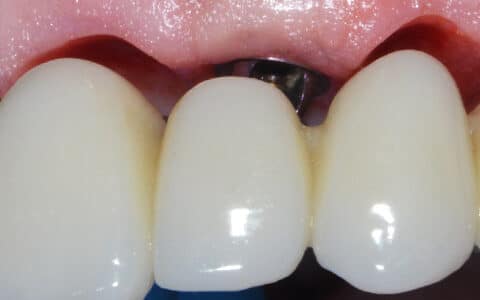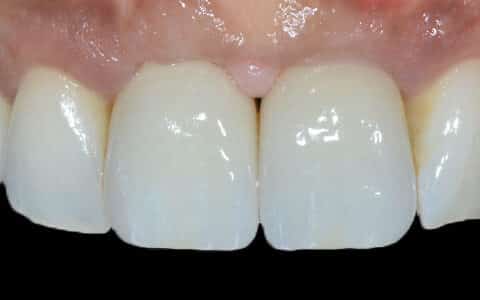I have seen a few patients recently who have told me that they use fluoride-free toothpaste because of the advice they have received from online articles from ‘respected’ doctors.
I am not sure who is writing these articles, however, I will briefly discuss the many benefits of fluoride which are proven and supported by scientific evidence.
Fluoride is an important nutrient for healthy teeth
Fluoride is a mineral which can be added to drinking water, toothpaste and other foodstuffs. Fluoride is not a medication, it is an essential mineral just like folic acid and Vitamin D. These are added to salt, bread, milk and cereals by most food manufacturers for their health benefits. Adding fluoride to water and toothpaste is similar to this.
Fluoride becomes incorporated into the mineralised structure of the outer enamel layer of teeth. When Fluoride becomes incorporated in this structure, it makes teeth more resistant to developing irreversible dental decay. This is demonstrated and proven in many scientific studies.
Fluoride is in my water, so why should I have more?
Parts of the UK have fluoride added to their water through water fluoridation schemes. This is present in Cumbria, Cheshire and Tyneside. This means that approximately 10% of the population receives artificially fluoridated water in the UK. The rest of the UK has small amounts of naturally added fluoride found in their drinking water. Unfortunately, the amounts found in both the artificially added and naturally occurring samples is not at a high enough level alone to protect teeth.
For this reason, it is recommended to supplement your fluoride intake by other means where possible.
Giving fluoride to children is critical in strengthening their teeth over an entire lifetime.
The uptake of fluoride in developing teeth is much greater than for those teeth found in adults which have fully developed. Fluoride is incorporated into developing teeth and results in the outer enamel layer of teeth being composed of a higher mineral content. This mineralised fluoride in teeth will make them stronger and more resistant to decay in the future.
What about the risk of having too much fluoride?
Fluoride is a safe and effective way of improving everyone’s long term dental health. The amounts found in toothpaste, water and other foodstuffs is very small. Water does not contain enough fluoride for their to be a risk of having too much fluoride from this source. The fluoride from water enters the body through the digestive system and will then be incorporated in developing teeth through the circulation.
Fluoride containing toothpaste is the most effective way of topically getting fluoride directly to your teeth. The toothpaste works by being in direct contact with your teeth and transferring fluoride to the surface of these teeth. If toothpaste is swallowed, mainly in children, then there is a risk of the child ingesting too much fluoride. This normally causes mild fluorosis which is the name given to the markings on the teeth shown below. These marks are harmless to the teeth and can be removed using simple cosmetic treatment as shown below.
Ingesting a huge amount of toothpaste can result in fluoride poisoning, which is a serious medical condition. However, a child would have to ingest an amount equivalent to at least a full tube of toothpaste in one go. This is highly unlikely, especially if children are supervised.
Unfortunately, it is this point that certain individuals and companies are focusing on. This scaremongering leads to parents and individuals avoiding fluoride containing products and toothpastes. These articles are usually sponsored by individuals who may have a vested interest in certain non-fluoride products.
The benefits of fluoride in water and toothpastes far out-way the risks and the most important statistic to demonstrate this is:
How much fluoride should there be in toothpaste?
The department of health have issued guidelines based on a high level of scientific information available over 70 years of research in this field. Buying toothpaste which has between 1350ppm – 1500ppm of Fluoride is usually good for the whole family. Children require a smaller amount of the toothpaste on their toothbrush and this is well described on pages 6-7 of the guidelines. Higher strength toothpastes are available for individuals who require more fluoride, this is best assessed by the dentist and is available on prescription.
Thank you for reading,
Mohsin Patel BDS MJDF RCS (Eng)
Related articles...
Book a Consultation
At Infinity Dental Clinic we see patients for routine dental check-ups with our dentists. Regular dental maintenance and good oral hygiene will ensure that you keep your teeth and gums healthy.
Book a Consultation












